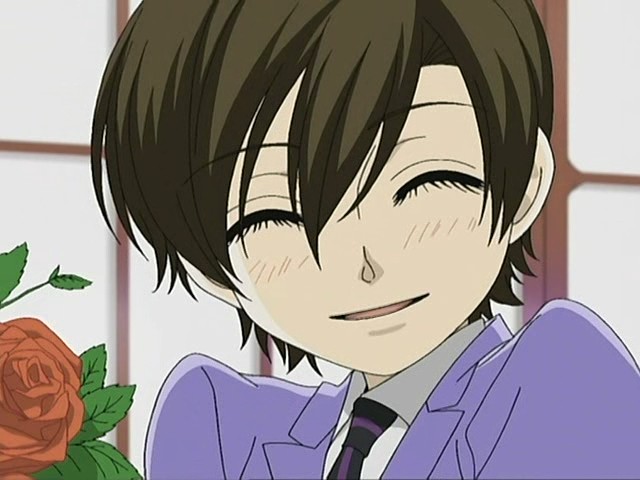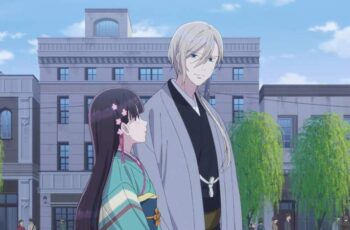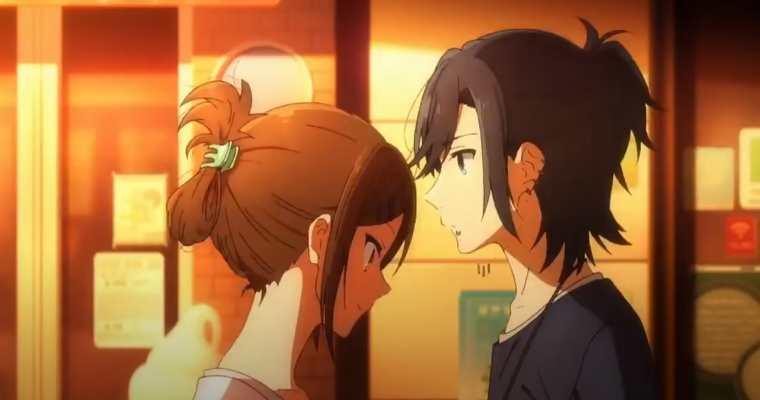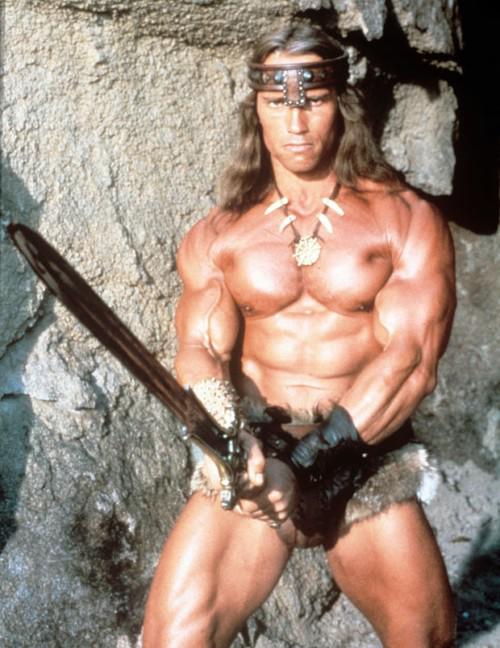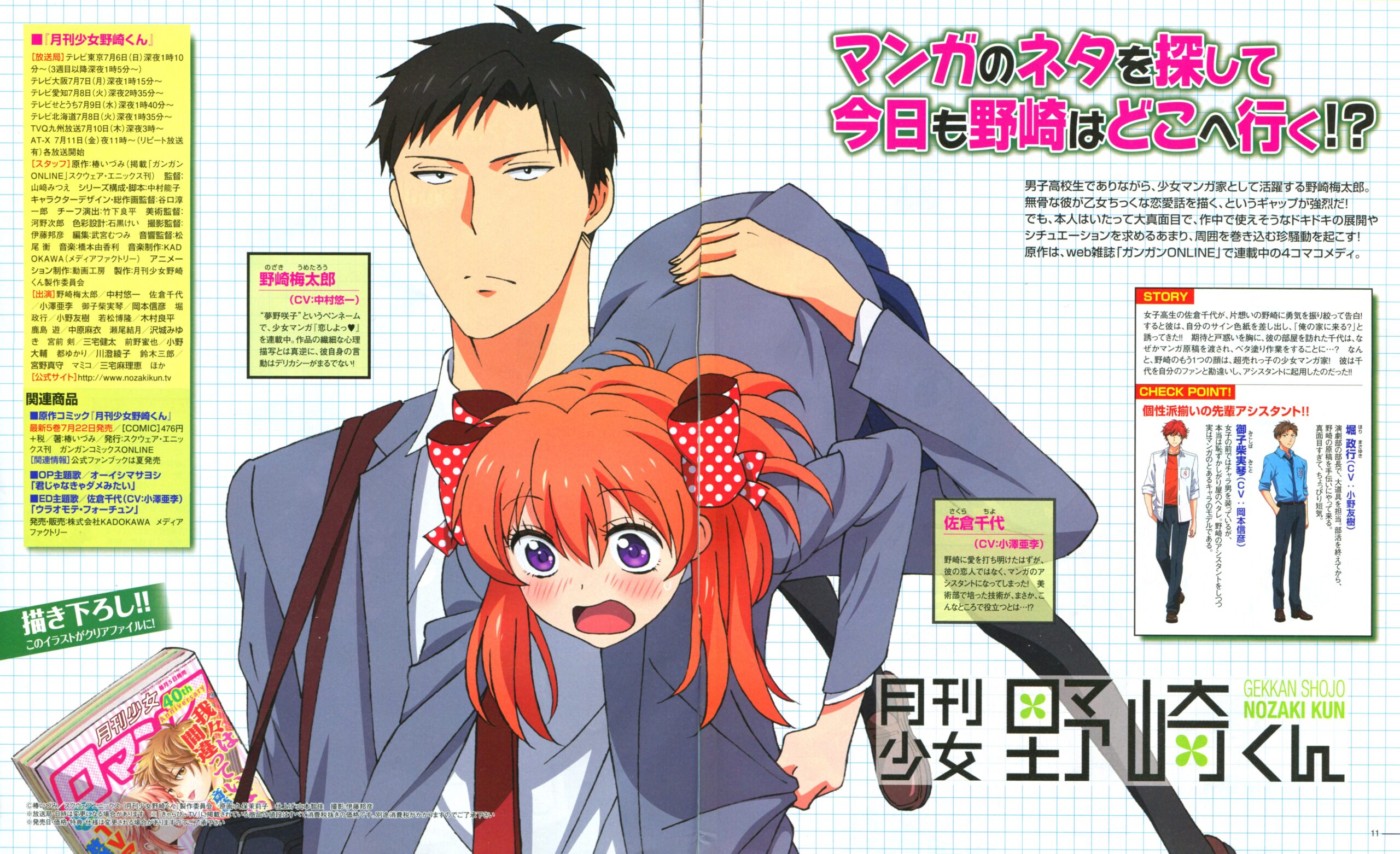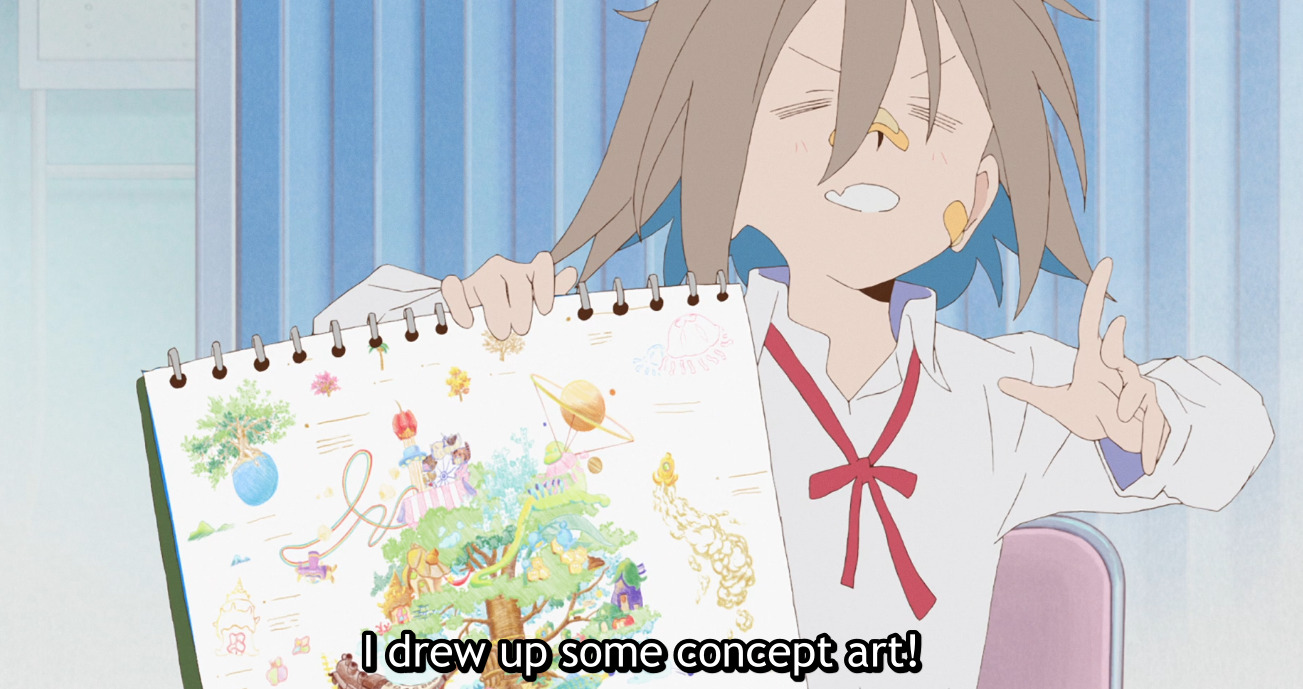In many ways, Dealing with Mikadono Sisters Is a Breeze is an inverse of Ouran High School Host Club. The story also touches on the softer side of masculinity in ways that might make some traditionally masculine men uncomfortable. I will spoil the story as I delve into this.
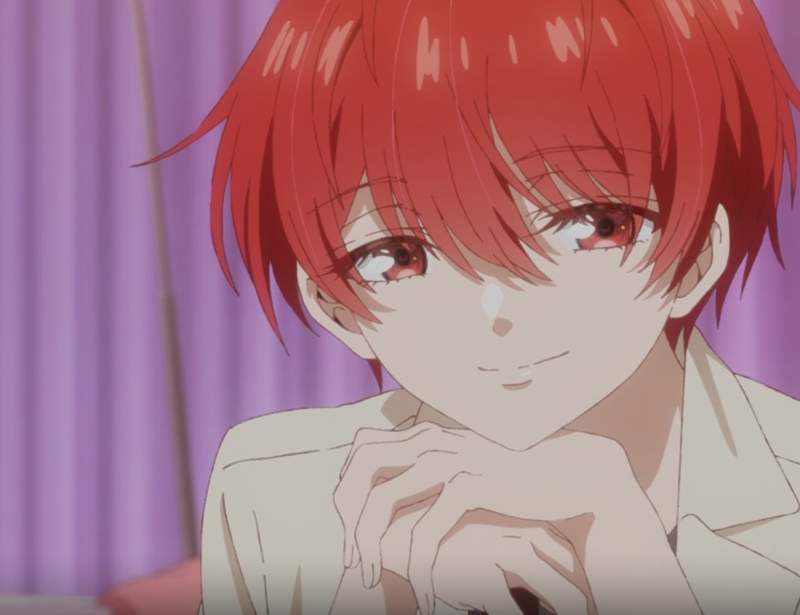
Yuu Ayase has inherited the beauty of his actress prodigy mother but not much else. He can’t act. He’s short and feminine. He’s a klutz and overall bad at everything. Before she died, she wrote a wish for him: to have a happy family. Her work kept her largely absent. Knowing she worked hard, Yuu decided to learn how to cook and keep the house. Despite his best effort, his cooking became average at best, but his mother appreciated his effort. Some time after her death, the wealthy Mikadono family takes him in. The Mikadono family consists of an absent high-performing father who pressures his three prodigy daughters to achieve. Yuu’s task is to support their success. The eldest daughter is the actress Kazuki, who usually plays princely roles because of her height and “pretty boy” looks. She is interested in romance and the submissive side of femininity, which she never gets to explore in her commanding, dominate roles and personality. Niko is the disciplined martial artist who secretly loves feminine clothes, flowers, and other softer things. And the youngest sister, Miwa is a professional shogi player and a has a high IQ. She’s a bit of a tsundere with her sometimes mean-spirited behavior, but she loves her sisters…and later Yuu…so much it hurts.
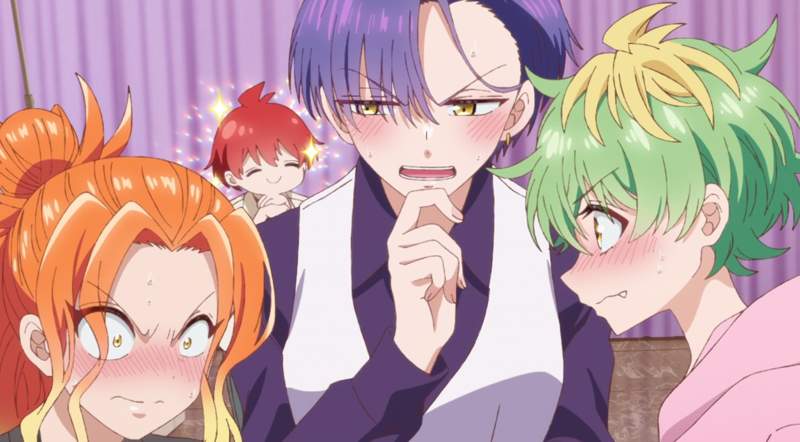
Yuu is a little shit. He’s pretty, and he knows it. He will sometimes use his pretty face to nudge the sisters to do what he wants them to do–which is always for their own benefit, such as convincing Kazuki and Miwa to eat better or Niko to sometimes indulge her enjoyment of frilly things. He’s driven by his goal of creating the family he never had and a family the Mikadono sisters also don’t have. Although the sisters live together, they don’t relate or associate with each other. Each focuses on their own niche, chasing the excellence that the label “prodigy” requires of them. They don’t take time to eat together or take breaks until Yuu pesters them with his iron-will determination. This is a harem story, so each of the sisters fall for Yuu. Yuu, for his part, is focused on creating a family. He comes off as a simpleton and dense, but various scenes salted throughout the first season suggest Yuu isn’t as dense as he comes off to be. He just has a different goal than romance.
The initial 12 episodes divide into different arcs. It begins with an introduction of Yuu into the family and establishes each of the girls before delving into an arc that focuses on each. The relationship the sisters build with Yuu and and re-establish with each other builds naturally. This is one harem where the romantic elements do not feel forced. Kazuki is cast into a “princess” role, which she has no experience with. She goes on a date with Yuu to help her get in touch with her feminine side. Niko has her old marital arts senpai reappear. He has romantic feelings for her and wants her to join him in his elite high school. Yuu and Niko together duel him with Niko’s school association on the line. Yuu gets crushed, but he hurts senpai’s leg enough that Niko is able to beat him. Miwa faces her shogi frenemy Sakura in a best-out-of-five shogi title match. Miwa loses 2 games before, with Yuu’s support, she realizes she plays because she wants the recognition of her sisters and, now, Yuu. She kisses Yuu on the forehead right after the tournament.
In each of the arcs, the masculine sisters get in touch with their feminine side with Yuu’s help. At the same time, Yuu gets in touch with his masculine side. Yuu takes on traditional feminine roles so often that each of the girls comment about how much a girl he appears to be. Yuu represents a young man who is in touch with his feminine side–the side that wants to nurture and support his family. But he also touches on his masculine side at times; the side that wants to protect women, offer advice, and so on. Yuu is portrayed as a failure. He fails at everything he does, but his perseverance helps him push into the average side of the Bell curve. He fails at being masculine and feminine in equal measure, which actually puts him into balance within yin-yang.
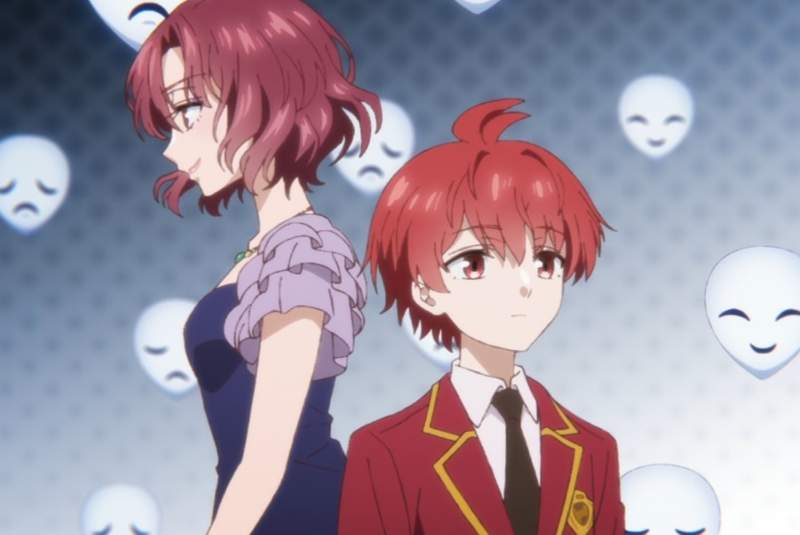
Yuu represents the current place many young men today find themselves in. Traditional masculinity isn’t considered attractive or valuable by many young women. And young men aren’t good at navigating the support roles traditionally assigned to women. The modern dialogue has also lost the fact that men and women contain both qualities, and that the roles are culturally defined. Our current culture is in a transition period. Women take on roles that in the recent past were coded as masculine. All the Mikadono sisters struggle with their traditionally coded feminine sides. The sisters and Yuu struggle with both sides. Have you noticed my hedging? I use “recent past” and “traditionally assigned/coded” on purpose. If you study history, you will see these roles have changed many times across the ages. The biological reality of pregnancy gives women a bit harder role across history, but there were plenty of cultures where women played the “masculine” role in society, such as how the Native American tribe Lenni Lenape’s matrilinear inheritance led to women controlling land stewardship and associated resources. Female warriors were not uncommon among tribal peoples. Even Spartan women were trained as warriors to defend the homefront. On the opposite end, samurai trained in flower-arrangement, poetry, and other “feminine” arts. My point: masculine and feminine roles are traditionally, as in big-picture history, more egalitarian and fluid than many people believe. Dealing with Mikadono Sisters Is a Breeze is interesting with how it indirectly references this historical role fluidity.
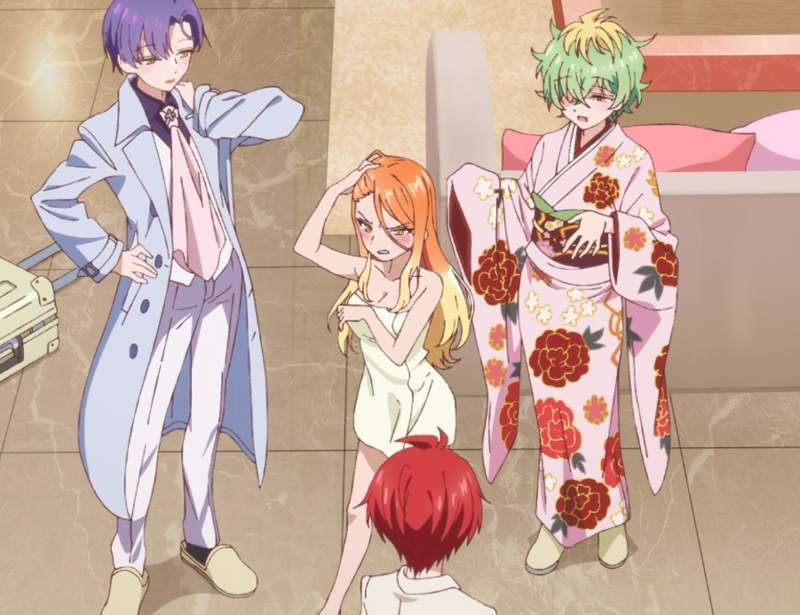
I like to call this cadence you see in history, which also appears in East-West cultural dominance throughout history, a pendulum. The pendulum will swing to a certain level and then swing the opposite direction. This can take decades and centuries, but these swings, at least as far as historical literature and archaeology reveals, appear inevitable and at a fairly regular cadence. The dialogue we see today about the breakdown in roles between the sexes and so on appears in literature throughout history. I’ve read Roman and Japanese literature fretting about the decline in masculine men, and I’ve read historical literature about men becoming too warlike and not “feminine” (to use a modern label) enough for a peaceful society. Our current era isn’t new. And the hand-wringing going on is also expected and part of the pattern. Dealing with Mikadono Sisters Is a Breeze fits into the patterns we see in folklore and mythology over time too. Many folktales, such as the Japanese story of The Snow Lady, have men taking on more feminine roles and women take on more masculine roles for their cultures and time periods.
Dealing with Mikadono Sisters Is a Breeze acts as an inverse for Ouran High School Host Club. Where in Ouran, Haruhi is a masculine-coded female surrounded by feminine-coded males, Yuu is a feminine-coded male surrounded by masculine-coded females. Each story represents their time period’s navigation of gender roles of the time. Ouran came out as women began to take on the breadwinner and other male roles. Mikadono comes out as men begin to take on supportive and other female roles. To be clear, both shifts have been decades in development, tracing at least to the 1950s in the US and in Japan. Anyway, in both stories the characters come in touch with the pieces of their yin-yang they originally ignored.
Dealing with Mikadono Sisters Is a Breeze is a fun watch with decent animation production values. This is a harem, slice-of-life story with some great detail lavished on the characters. Miwa, in particular, steals the show with her detailed kanzashi and kimono during her narrative arc. As with any harem, the season ends without a conclusion to the romantic aspects. Yuu has managed to achieve a family life that he’s always wanted, and he wants to deepen that connection. Usually, the comedy in harem stories fails to land with me, but many of the jokes left me chuckling, especially when Yuu decides to use his looks. Dealing with Mikadono Sisters Is a Breeze is interesting from a gender-role historical pattern perspective, and it has good characterization. The sisters feel well-rounded, and their feelings toward Yuu and each other develop naturally over time. This is a good watch, especially if you enjoyed Ouran High School Host Club. Recommended.
